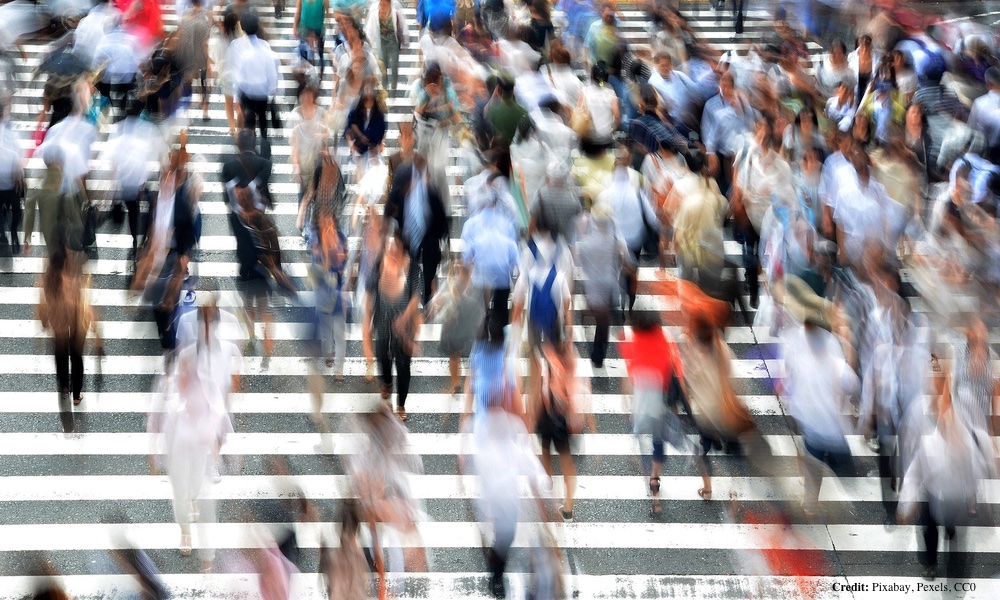If you're one of the millions of people who enjoy drinking beer in moderation, there's nothing to be concerned about beyond making sure your consumption remains moderate.
You may want to think twice before downing low-alcohol or non-alcoholic beer, however. Beer with little or no alcohol can be a breeding ground for bacterial contamination, scientists at Cornell University have found.
Randy Worobo, a professor of Food Microbiology at Cornell University, and his team studied the possibility of bacterial contamination in (1) traditional beer, (2) low-alcohol beer and (3) non-alcoholic beer.
In order to compare the potential for bacterial growth among these three types of beer, the researchers used canned beer samples from Genesee Brewing Company in Rochester, NY, that were inoculated with individual cocktails of E. coli, salmonella and listeria bacteria. The samples were stored at two temperatures, 4° and 14° Celsius, for 63 days.Conventional alcoholic beers are considered immune to foodborne illnesses. That's because they naturally possess a host of antimicrobial properties.
The good news is that conventional alcoholic beers are considered immune to foodborne illnesses. That's because in addition to the alcohol or ethanol they contain, they naturally possess a host of other antimicrobial properties: hop acids, an acidic pH, dissolved carbon dioxide and low sugar content. When combined with pasteurization, wort boiling for beer starting, filtration and refrigerated storage, cases of food poisoning from alcoholic beers are rare.
But non-alcoholic beers and low-alcohol beers are another story. “Nontraditional beers lack one important hurdle to bacterial growth: ethanol concentration,” the study's authors said in a press release. “In addition, high pH, high sugar concentration, low (carbon dioxide) and low hop bittering compounds make these beverages more susceptible to spoilage microorganisms and foodborne pathogen growth.”
In fact, the E. coli strain and salmonella grew and survived in low- and non-alcoholic beers for over 2 months when stored at 4° and 14° C. And that's particularly concerning since E. coli is the most common strain to cause illness.
According to the Center for Disease Control and Prevention (CDC), there are approximately 95,000 cases of E. coli-related food poisoning in the U.S. each year, with symptoms ranging from mild to extremely severe.
The study highlights the need for beverage manufacturers to develop food safety plans that are specific to low- and non-alcoholic beer. The Cornell researchers recommend that low- and non-alcoholic brews:
- Undergo pasteurization
- Use sterile infiltration
- Add preservatives
- Use kegs, draught system tubing and faucets that are sanitized regularly
- Have cleaning practices employed in the manufacturing process
- Be evaluated by a Process Authority
Instituting these safety practices will make low-alcohol and non-alcoholic beers safe for drinkers.
The study is published in the Journal of Food Protection.





